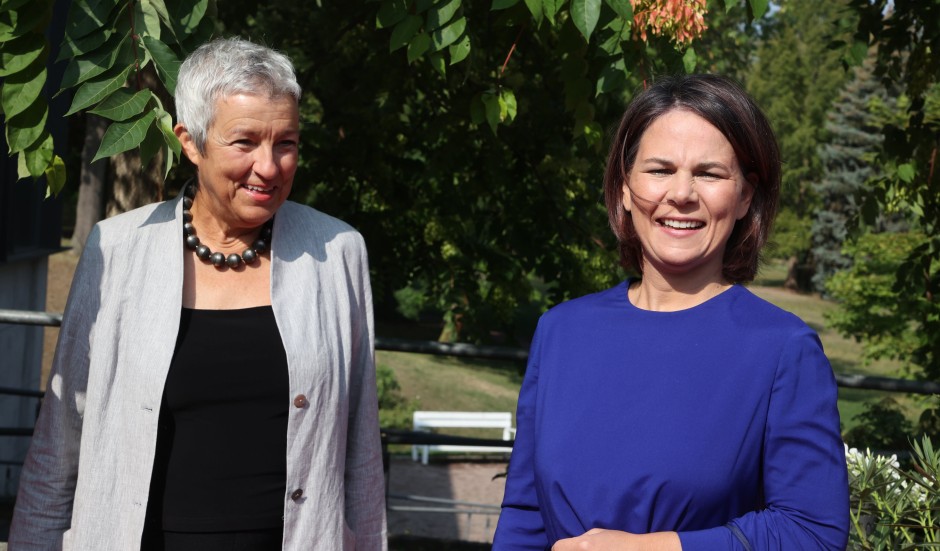
DAt a meeting yesterday, the budget committee of the German Bundestag decided to increase institutional funding for the Goethe-Institut by EUR 15.1 million to around EUR 239 million compared to the first government draft. The cuts originally planned for 2023 have thus been completely reversed.
14 million euros are linked to a so-called benchmark. In this context, the Goethe Institute will develop a concept for the future together with the Federal Foreign Office as part of the realignment of German foreign policy. The additional funds include 0.5 million euros for a specialist initiative in South America and 0.6 million euros for the financing of the German-Turkish Youth Bridge, which is managed by the Mercator Foundation together with the Goethe-Institut.
The President of the Goethe-Institut Carola Lentz said: “We would like to thank the German Bundestag and the Federal Foreign Office for this great support. Especially in view of the tight budgetary situation, we see the reversal of the cuts as a clear commitment to foreign cultural and educational policy. In the coming year we will devote all of our energy to our mission, and in particular to strengthening open civil societies worldwide. We will also continue to push ahead with our programs for recruiting skilled workers.”
The Secretary General of the Goethe-Institut, Johannes Ebert, added: “We see the results of the budgetary process as a vote of confidence from the German Bundestag, which I sincerely thank. This trust gives us support for future concepts that consolidate and further develop our work in view of the current global challenges. Together with the Federal Foreign Office, we will now drive this forward with momentum and commitment.”
According to the budget law passed in June, the funding for the global network of the Goethe-Institut was reduced from around 250 million euros in 2021 to 233 million euros for 2022. This had been heavily criticized and had raised the question of how reliable cultural dialogue was still part of the self-image of the Federal Republic in view of these budget cuts and whether we were not threatened with mental isolation.
In an interview with the FAZ in September, Carola Lentz made it clear what she thought of the government’s plans at the time. In view of current threats, according to Lentz, the work of foreign cultural and educational policy is even more important than before and must therefore be expanded, not restricted.









